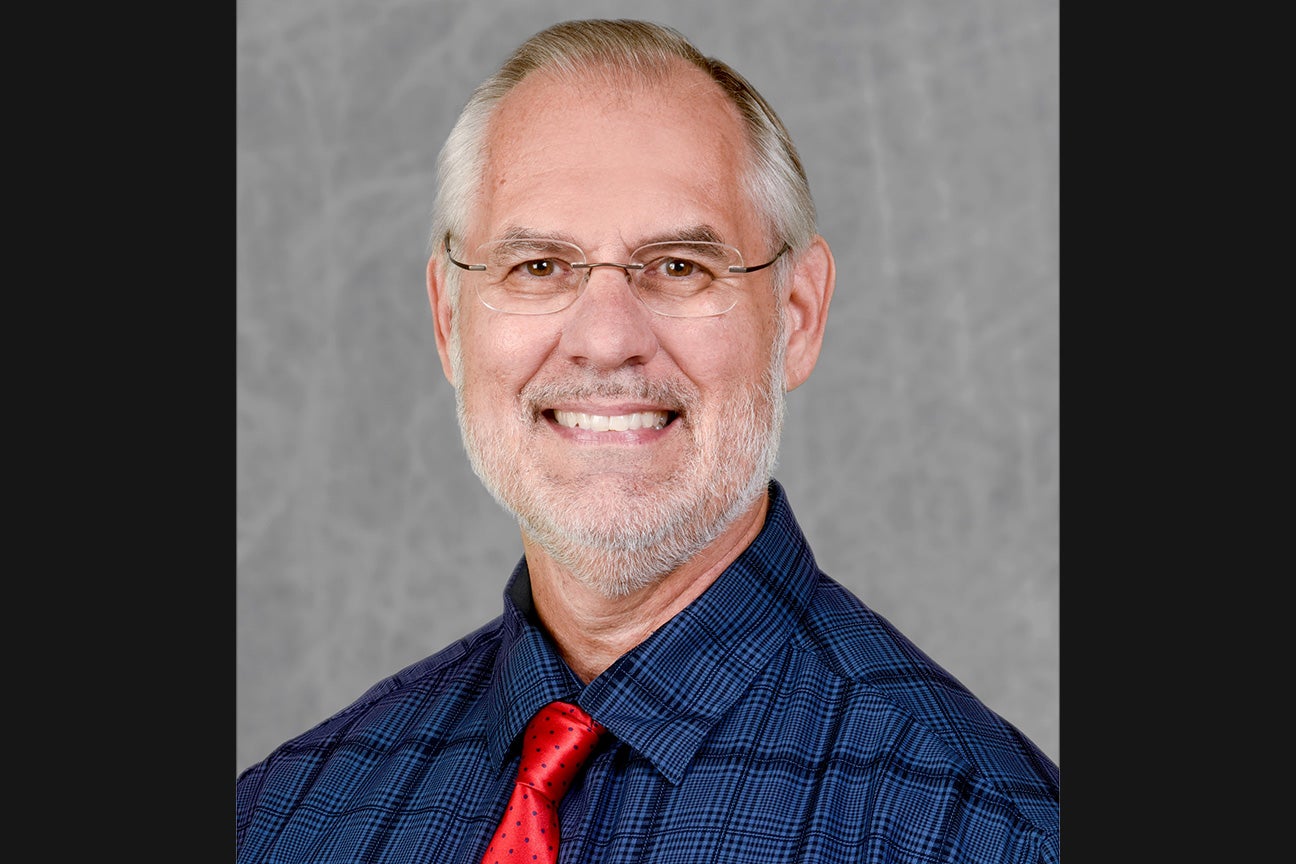Guest Opinion: National election integrity groups watching North Carolina case closely
Published 4:52 pm Thursday, June 2, 2022
|
Getting your Trinity Audio player ready...
|
By Mitch Kokai
North Carolinians have a special interest in an upcoming U.S. Supreme Court decision related to voter ID. But we’re not alone.
Among those watching the case closely are several national groups that focus on election integrity.
“We became particularly interested in this case because it implicates all of those issues which are core to our organization’s mission,” said Jason Snead, executive director of the Honest Elections Project.
Snead’s group filed a friend-of-the-court brief in Berger v. N.C. State Conference of the NAACP. In that case, the U.S. Supreme Court will decide in the coming weeks whether N.C. legislative leaders can intervene in a federal lawsuit challenging voter ID.
Snead’s group focuses “on ensuring that we have elections that are governed by fair and impartial election laws, laws that are established through the proper channels, that are in place before an election begins and are in effect through the end of voting, and laws that ensure not just adequate access to the ballot box but also security for the ballot box.”
Voter ID plays an important role in ballot security. “Voter identification laws are one of the most fundamental best practices, which we recommend that every state adopt,” Snead said. “They’re also one of the most contentious politically and are always under attack in the courts.”
North Carolina’s 2018 voter ID law faces legal challenges at both the state and federal level. While Republican state legislators are taking part in the defense of their law in state court, federal courts have rejected lawmakers’ participation. Voter ID has been defended at the federal level by lawyers working for N.C. Attorney General Josh Stein, a Democrat and voter ID opponent.
“We … want laws to be passed by lawmakers — that’s why we call them that,” Snead said. “We don’t want executive branch officials or courts to … undermine law or simply change public policy because they have personal disagreements with a law that is passed by the democratic process.”
Snead offered these comments during an April 4 online forum sponsored by the John Locke Foundation. Another forum panelist, Tom Spencer, serves as vice president of the Lawyers Democracy Fund. That group also submitted a friend-of-the-court brief supporting N.C. legislators.
“We are election integrity zealots,” Spencer said of LDF’s collection of election lawyers. “We believe in honest elections. We want elections which make it easy to vote and almost impossible to cheat.”
The Berger case represents a “shining example of how legislators have been chiseled away from their rightful place in connection with elections,” Spencer said. “Courts have attempted to take the wheel of justice away from the legislature and use it themselves in order to make a policy decision.”
The U.S. Constitution’s Article I, Section 4 spells out a clear role for state legislatures in the election process. “The legislature, the branch of the government closest to the people, is the one designed and recognized by the Founders to be the branch that actually transmits election laws,” Spencer said. “We’ve got to protect that.”
The American Legislative Exchange Council submitted a third friend-of-the-court brief to the U.S. Supreme Court in the Berger case. ALEC’s Jonathon Hauenschild explained to the Locke audience why his group decided to enter the case.
“We have seen over the past few years the courts essentially diminish the role of the state legislators in … protecting the constitutionality of their laws,” he said.
In 2020 “we saw bureaucrats and attorneys collude to change election law on the fly in states like Georgia, North Carolina, Pennsylvania, and even Michigan and attempts in Wisconsin,” Hauenschild said.
“What we particularly saw in this case coming out of the 4th Circuit was a decision to ignore validly enacted state law,” he added. “North Carolina has a state law that says when the constitutionality of a state law is challenged, it is the responsibility of the legislature … to determine whether the attorney general or the legislature will represent the interests of the … state in court. The 4th Circuit essentially decided to ignore that law.”
ALEC felt compelled to respond, Hauenschild explained. “If you’re going to do that, how many other provisions — whether it’s the U.S. Constitution, Article I, Section 4, or other state laws — are you going to ignore?”
Snead, Spencer and Hauenschild all expressed some optimism that the U.S. Supreme Court will reverse the lower courts’ decisions.
“What we would like to see come from this case — and I think it will happen — is that the court will articulate and reaffirm a rule that the legislature, in connection with election laws, has a primary and important interest in this litigation and in similar litigation,” Spencer said. “A lot of confusion about intervention by legislators will dissipate.”
Those of us in North Carolina and across the country should know soon whether Spencer’s prediction comes to pass.
Mitch Kokai is senior political analyst for the John Locke Foundation.
CHECK OUT OUR DISASTER PREPAREDNESS GUIDE FOR 2022 HERE.
READ ABOUT NEWS AND EVENTS HERE.





